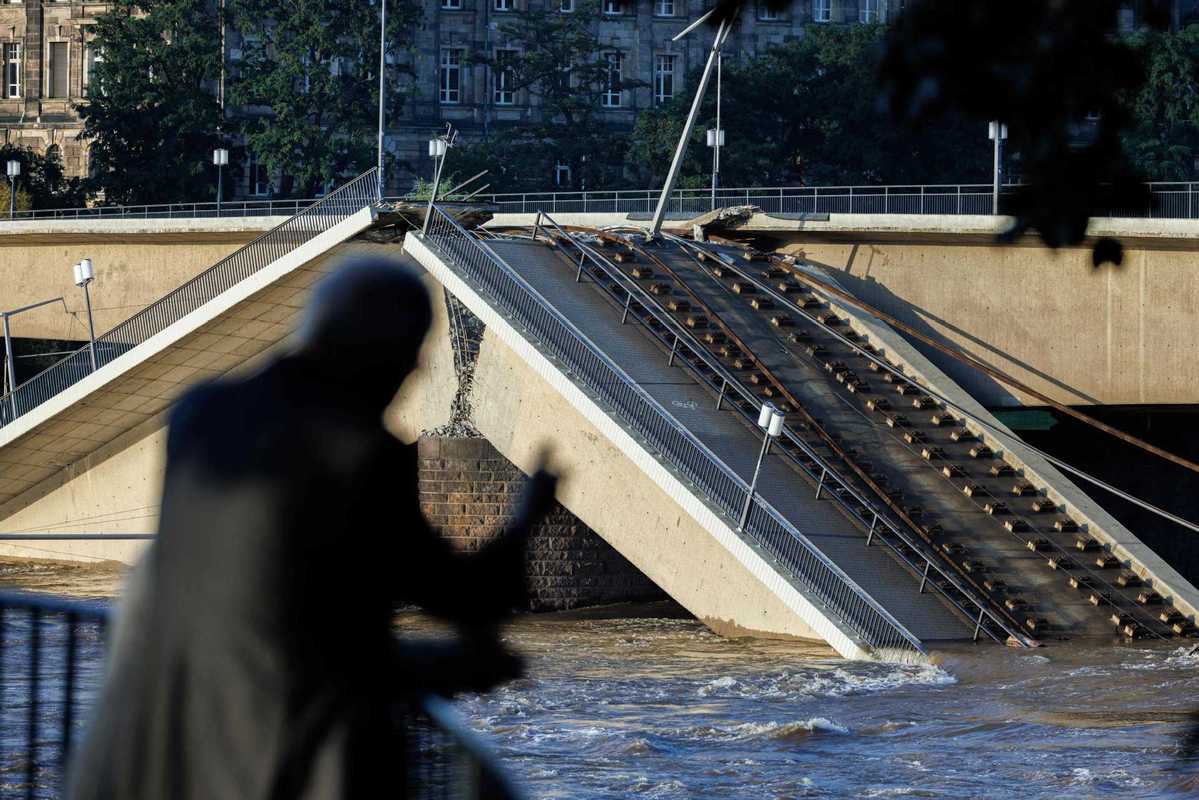Germany's economic woes scare public


The impact of Germany's current economic problems that threaten to push the country toward recession has been underlined by the results of a national fear survey, with the rising cost of living emerging as the biggest worry, for the third year in a row.
The survey of 2,400 respondents aged 14 and up was conducted by insurance company R+V Versicherung in July and August.
It revealed that one of Germany's most thinly-buried concerns has risen to the surface again, as it is the 14th time in the 33 years that the survey has been carried out that financial fears have come out on top.
Other major concerns were the unaffordability of housing, benefit cuts or tax rises, and the influx of refugees into the country and consequent social tensions. The report noted that this was a greater concern in the east of the country, where the far-right Alternative for Germany political party has recently enjoyed electoral success.
"This (poverty) is a really deep-seated fear in Germany," the director of the study, Grischa Brower-Rabinowitsch, told broadcasting network DW.
"In the 33 years of our study, the fear of the rising costs of living has been the number one fear in our study for a total of 14 times. As soon as prices go up, this fear resurfaces."
The public's fears will not have been eased by Economy Minister Robert Habeck's confirmation on Wednesday that, for the second year in a row, Germany's gross domestic product is poised to shrink, down by 0.2 percent when growth of 0.3 percent had been expected, and he blamed the situation on what he called "failures of recent decades".
"The upturn is therefore being delayed once again, but now mainly not because of cyclical factors that have become worse or developed more slowly, but because structural factors are making it so much more difficult," he added.
With the coalition government headed by Chancellor Olaf Scholz struggling in opinion polls, and federal elections less than a year away, opposition politicians were quick to jump on the government's gloomy outlook.
"There is a threat of a downward spiral, that we will remain in this difficult economic situation over the coming years," Carsten Linnemann, a leading figure in the conservative Christian Democratic Union, told the country's parliament, the Reichstag.
Elsewhere in the survey, terrorism and political extremism are the fears that have grown the most since the last poll, but concern about natural disasters and climate change both fell down the rankings.
That is despite thousands of people having to be evacuated from towns in the south of the country in June because of flooding, and the country also being on the periphery of the devastating Storm Boris that hit central Europe in September.

































